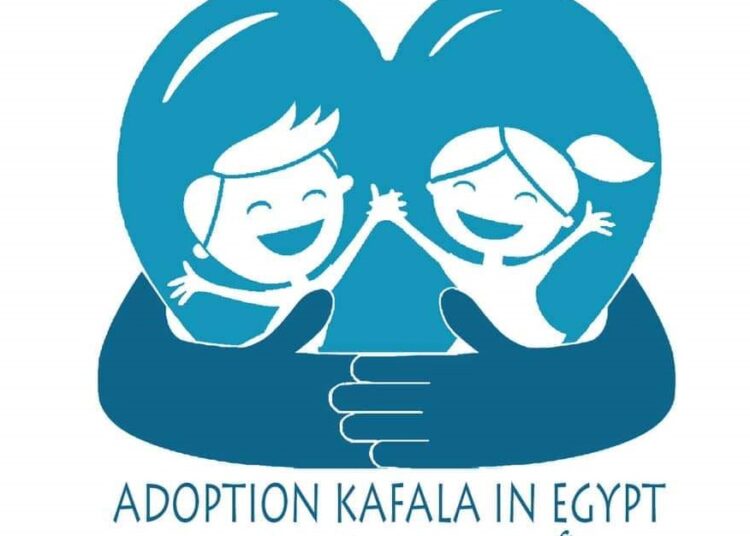“After four years of thinking, and four months of searching across the republic, we found each other.”
Such was the caption for a photo posted on Facebook last Wednesday showing Egyptian author and screenwriter Ghada Abdel Aal holding a baby, Adham.
“God has created him for me,” Abdel Aal added.
Abdel Aal, 42, is known for her satirical book “I Want to get Married” that became a television hit series starring Hend Sabri in 2010.
However, in real life she is still single, but she is overjoyed to be known as ‘Umm Adham’ (Mother of Adham) since she became his foster parent.
Adoption is forbidden in Islam, whereas kafala (guardianship) is permissible in cases when a couple or family takes in an orphan.
Abdel Aal and many others have taken to social media recently to share their kafala stories in order to encourage others who are thinking about fostering to follow their example, now that the Ministry of Social Solidarity has eased the requirements for kafala.
Reem Amin of the Alternative Families High Committee at the Ministry of Social Solidarity told The Egyptian Gazette: “The system of alternative families started in 1980s to help couples who could not have children of their own.” In 2016, the committee was formed of experts in various fields, representatives from ministries and scholars from the top religious institutions Al-Azhar and Dar Iftaa,” she said.
This led to legal amendments earlier last year making fostering easier.
Consequently, only one of the couple should have Egyptian nationality instead of both. The legal age for fostering was brought down from 25 to 21.
Fosters put LE3,000 into a saving account for the child instead of LE5,000. One of them should be educated to Thanawiya Amma (General Secondary Certificate), instead of both. However, both parties must be literate.
Now widows, divorcees, and spinsters over 30 years old can foster a child. Foster parents are supervised by the Family and Childhood Administration of the ministry, which does home visits, interview the child, and monitor the child’s welfare.
Eligible applicants take training courses from the Ministry of Social Solidarity for foster and adoptive parents.
Minister of Social Solidarity Nevine el-Kabbaj said last week that the ministry had received 2,500 kafala requests since June 2020 – the largest number ever in one year.
The minister said 11,500 orphans are placed with foster families in this country.
El-Kabbaj revealed ministry’s plan to close all orphanages by 2025, as it is better for a child to grow up as part of a family.
Meanwhile, several online initiatives have been launched recently to raise awareness about kafala, the challenges and misconceptions as being fostered carries a stigma as the children are assumed to have been born out of wedlock.
The most prominent of these initiatives is Yala Kafala, which was launched in 2019. Its Facebook page answers questions, discusses issues like how to talk to children about kafala and explains its requirements to the group’s more than 54,000 followers.






Discussion about this post